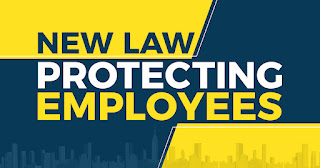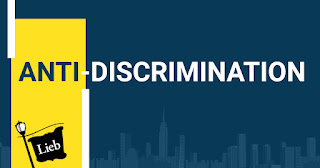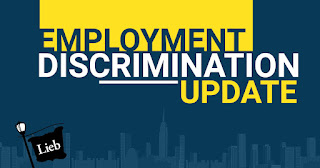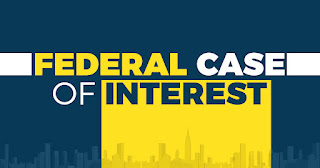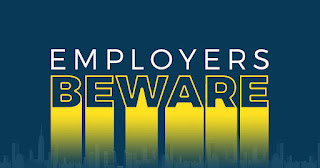Many employers utilize artificial intelligence or algorithms to select new employees, monitor performance, and determine pay or promotions. There are scored tests and resume analysis that are both common place in the big business world. However, the EEOC and DOJ just shot a cannon across the bow of big business' boat by stating that "[t]hese tools may result in unlawful discrimination against people with disabilities in violation of the Americans with Disability Act (ADA)."
To determine if discrimination has occurred, consider the following questions:
- Was there an accommodations policy available and made known to employees / applicants?
- If not, there likely was discrimination.
- Does the AI / algorithm ask about the precise nature of the disability / medical condition?
- If so, there likely was discrimination.


